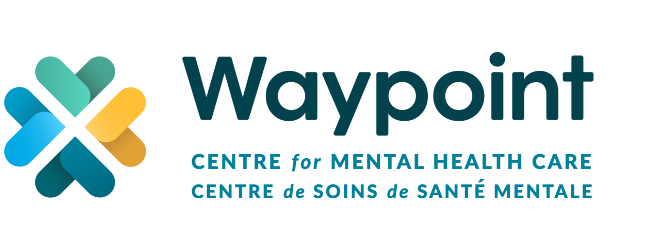Explore our projects and join us in shaping the future of mental health.
Our team is dedicated to advancing research that enhances treatment and support for those affected by mental illness, addiction and geriatric concerns, and looks to improve mental health and substance use services and policies.
Understanding coercive control in 2SLGBTQQIA+ communities
Research Overview
Understanding coercive control in 2SLGBTQQIA+ communities
Addressing disparities in forensic mental healthcare for BIPOC (Black, Indigenous, and People of Colour)
Research Overview
Addressing disparities in forensic mental healthcare for BIPOC (Black, Indigenous, and People of Colour)
Childhood adversity, antisociality, and suicidal behaviour among men in a high-secure forensic hospital
Research Overview
Childhood adversity, antisociality, and suicidal behaviour among men in a high-secure forensic hospital

Smoking Cessation Study
Non-invasive brain stimulation study for smokers: Help research and get support to reduce or quit smoking.
January 2026 Research Nook
Research Nook Edition #11
In this edition of the Research Nook: Research In Reach, What's New at the WRI, Conferences & Events and Publications.
Guidelines for conducting forensic patient-oriented research
These guidelines examine five key dimensions of forensic patient-oriented research (POR) along with core principles that are key to success. They are designed to provide a practical foundation for forensic POR based on evidence and acknowledged best practices.
How to do patient-oriented research in forensic mental health settings: A practical handbook
This handbook looks at five important dimensions of forensic patient-oriented research (POR) as well as core principles that are key to success. It’s meant for anyone interested in forensic POR, including researchers, patients, hospital staff and more.
Transformative climate action in mental health organizations
Slides for Waypoint Talks Nov 2025
Dr. Carolyn Houldin and Dr. Barna Konkoly-Thege shared a presentation on transformative action in mental health organizations
Mobilizing evidence for mental health and substance use system decision-making
Slides for October 2025 Waypoint Talks
Cara Evans, Arina Bogdan and Meron Gidey of the Waypoint STREAM Lab spoke to us about mobilizing evidence.
October 2025 Research Nook
Research Nook Edition #10
In this edition of the Research Nook: Storytelling for Change Event; What's New at the WRI; Conferences & Events; PCFC Corner; Recent Publications; WRI in the News; and Geriatric Research in North Simcoe Muskoka
Enhancing substance use service delivery in rural and remote Ontario
Providing substance use services in rural areas can be challenging due to limited resources, geographic isolation, and health human resource shortfalls.
The Supporting Transformation through Research, Evidence, and Action in Mental health (STREAM) Lab at the Waypoint Centre for Mental Health Care conducted a rapid review of academic literature and published reports on substance use services in rural and remote areas. Based on 28 documents, we highlight key findings and considerations that may be relevant to decision-makers supporting MHSU systems planning in Ontario.
Client experience measurement in Ontario mental health and substance use services
Client experience measurement (CEM) is essential to understanding the quality of mental health and substance use (MHSU) services.
The Supporting Transformation through Research, Evidence, and Action in Mental health (STREAM) Lab at the Waypoint Centre for Mental Healthcare conducted a survey and hosted two deliberative dialogue events to understand current CEM practices across MHSU services in Ontario. Based on survey responses and findings from the deliberative dialogue events, we highlight key findings and considerations that may be relevant to decision-makers supporting MHSU systems planning in Ontario.


